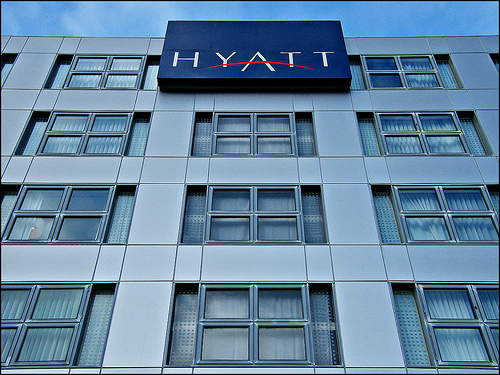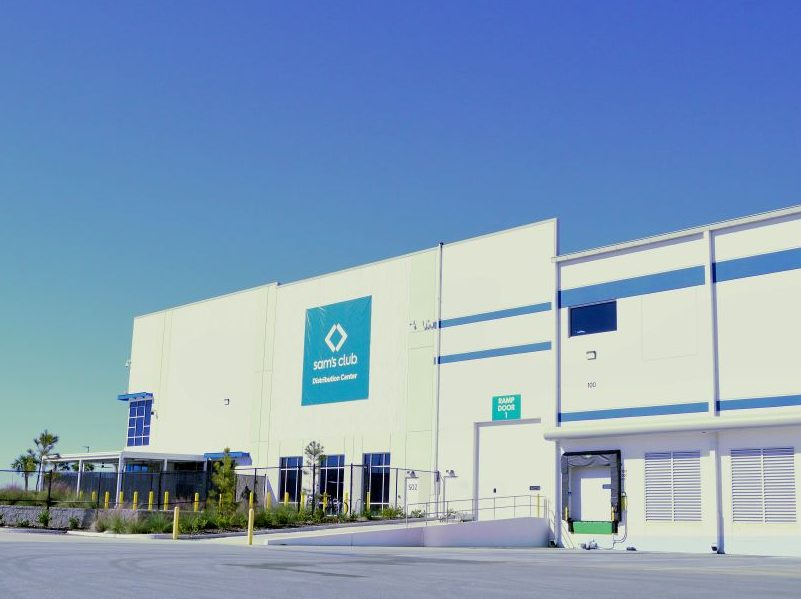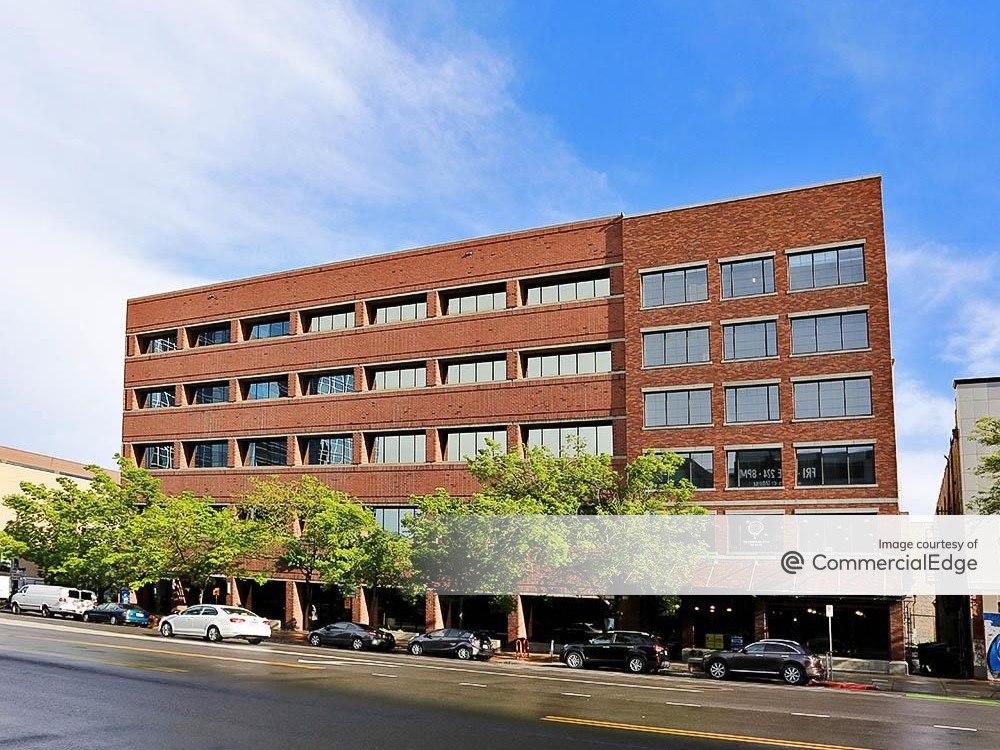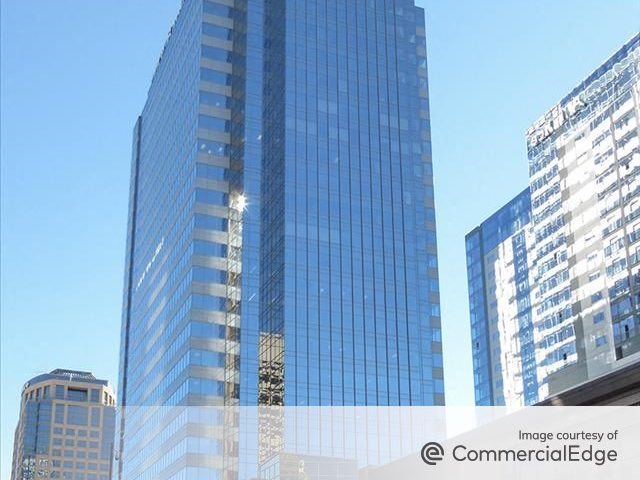For $112M, Partnership Snaps Up Hyatt Regency Boston–and its Labor Issues
The Hyatt Regency Boston has just come under new ownership, courtesy of a $112 million transaction.
March 20, 2010
By Barbra Murray, Contributing Editor
The Hyatt Regency Boston has just come under new ownership, courtesy of a $112 million transaction. Chesapeake Lodging Trust acquired the upscale 498-room property from Hyatt Hotels Corp. The transaction comes just 13 months after Hyatt acquired the hotel for approximately $113 million, and the quick sale was part of the company’s plan all along.
Carrying the address of One Avenue de Lafayette, Hyatt Regency Boston sits within the city’s financial district. In addition to its nearly 500 guestrooms, the 21-story property features 20,000 square feet of meeting space. Hyatt purchased the luxury lodging facility from Host Hotels & Resorts in February 2009.
“They acquired the hotel because if someone else had bought it, the Hyatt flag could have been terminated,” David Loeb, analyst with Robert W. Baird & Co., told CPE. “It was the most efficient way to protect the brand in the market.”
Maintaining a foothold in Boston remains a priority for Hyatt. As per terms of the sale to Chesapeake, Hyatt will continue in its role as the hotel’s manger under a long-term agreement. Additionally, there will be no change of brand names; the Hyatt Regency will remain the Hyatt Regency. The sale of the hotel to one of its strategic partners and the ensuing management agreement allows Hyatt to maintain a strong presence in Boston.
“The transaction is no surprise,” Loeb noted. “When Chesapeake outlined its strategy in the prospectus for its IPO, they talked about their relationship with Hyatt. From Chesapeake’s perspective, they’re getting an urban, upscale hotel at a good price with their strategic alliance with Hyatt. And they believe there’s an upside in that market.”
Chesapeake plans to renovate the property; according to Loeb, the company anticipates investing approximately $10 million in capital over the next three to four years. “At this time, the Boston market is performing better than others and Chesapeake will rely on asset management to maximize the value of its investment.”
For Hyatt, the move dovetails with the company’s corporate strategy. “We’ve been expecting Hyatt to recycle capital,” Loeb said. “We expect Hyatt to be a net buyer of assets over the next few years, but we also expect them to recycle capital. They’ll use their balance sheet to warehouse assets in order to ensure their long-term presence in markets around the world.”








You must be logged in to post a comment.